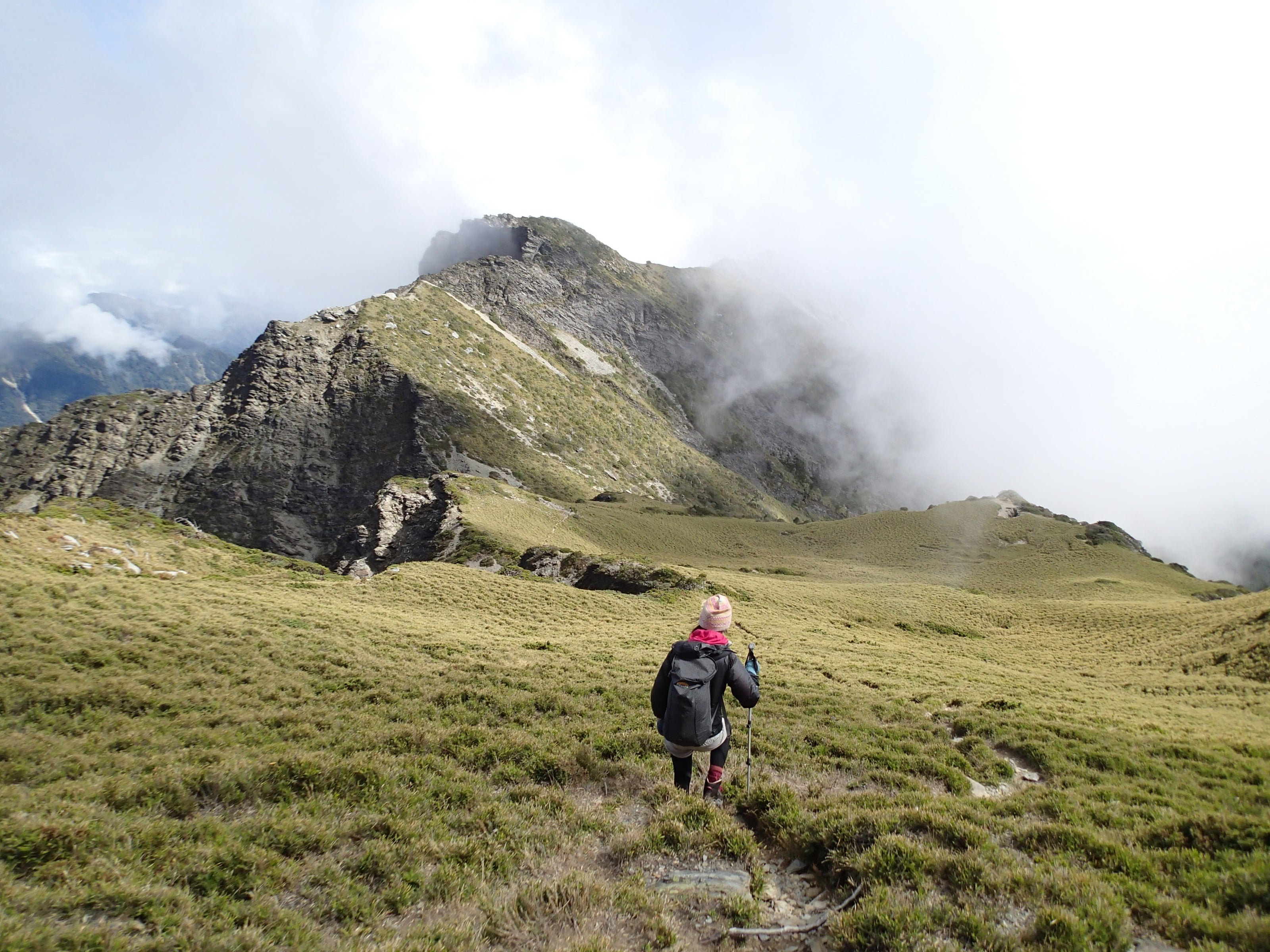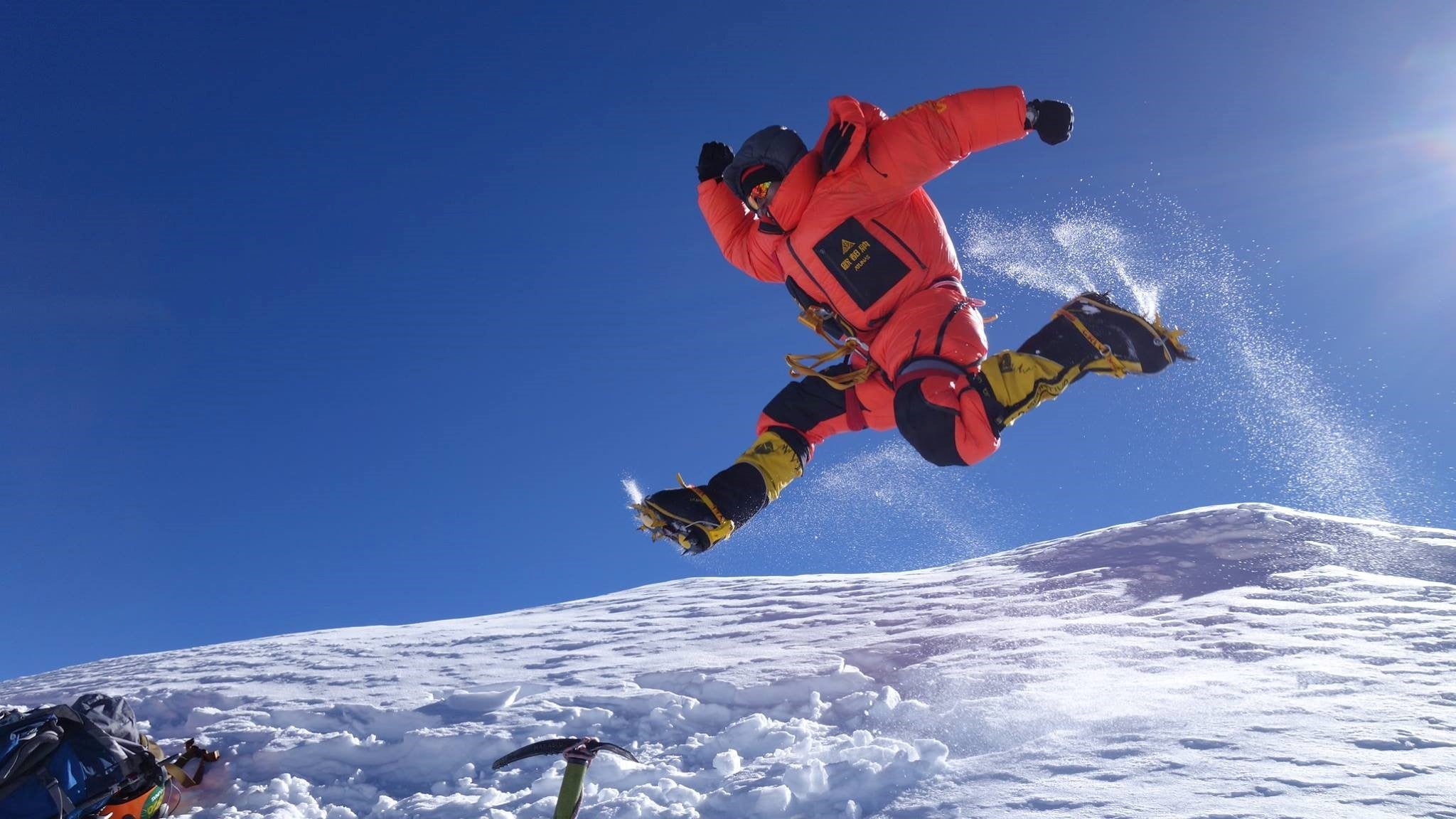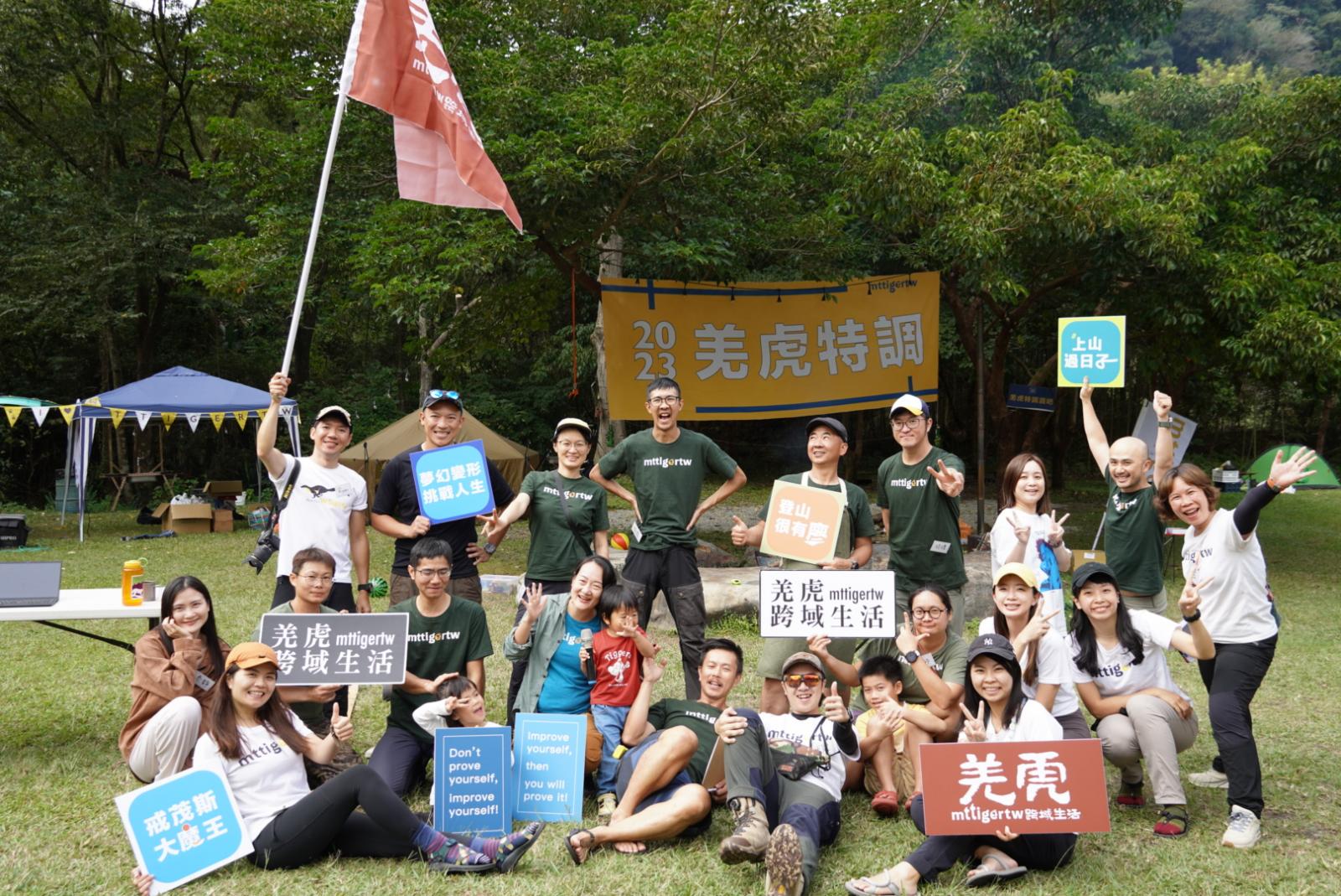French PETZL technical equipment
PETZL is famous for its excellent quality and innovative technology in the field of rescue and climbing, making it an ideal partner for various harsh environments. PETZL is committed to designing efficient, safe and durable equipment to meet the needs of various complex tasks. The brand is known for its attention to detail and ergonomic design, which allows users to focus on tasks, reduce fatigue and improve efficiency during operation. From design, material selection to manufacturing, every step of PETZL's equipment strictly follows international standards and undergoes multiple tests to ensure stable performance under any extreme conditions.

PETZL's rope systems, descent devices and safety locks play a key role in climbing and rescue operations, especially its patented self-locking technology and easy-to-operate features, allowing users to maintain stability and safety when working at heights. These devices take into account the need for quick connection and release, reducing operational complexity and enabling rapid response in emergencies. Whether it is multi-point fixation or single-point suspension, PETZL's equipment can adapt to various operating modes and flexibly meet various challenges.
In addition, PETZL's insistence on safety and innovation makes its equipment both lightweight and durable. The lightweight design not only reduces the user's burden when carrying, but also makes it easier to carry and operate for a long time. It is especially suitable for workers who need to stay in harsh environments for a long time. PETZL focuses on the collaboration of the overall system. Whether it is headlights, ropes or various climbing equipment, they can all cooperate with each other to ensure the smooth progress of the task.
In summary, PETZL provides comprehensive and reliable equipment options for various complex and high-risk working environments. It is the perfect combination of safety, efficiency and comfort, allowing users to confidently cope with various severe challenges.




